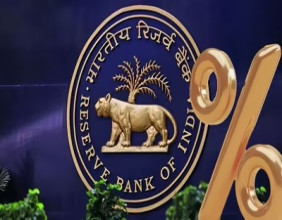Highlights:
- Monetary gold refers to gold owned by governments for financial purposes.
- It is considered a key asset in a nation's financial reserves.
- Governments use it to stabilize currencies and back economic policies.
Monetary gold is a term used to describe gold that is held by governments and central banks as part of their financial reserves. Unlike gold held by private individuals or used for jewelry, monetary gold serves a strategic role in a nation's financial system. It is primarily considered a financial asset, and its purpose goes beyond physical storage; it plays a key role in economic stability and monetary policy.
Historically, gold has been used as a universal store of value, and many nations have retained large amounts of gold as part of their reserves to maintain confidence in their financial systems. Governments use monetary gold to back their currency and ensure stability in international trade. For example, the gold standard was once a common monetary system where the value of a country’s currency was directly tied to its gold reserves. Although the gold standard is no longer in use today, gold continues to be viewed as a safe-haven asset during times of economic uncertainty or financial instability.
The value of monetary gold can fluctuate based on various global factors such as geopolitical risks, inflation, and changes in the global supply of gold. Countries with substantial gold reserves may benefit from greater financial security and enhanced credibility in international markets. As a result, many central banks continue to acquire and hold significant quantities of gold, viewing it as an important component of their financial strategy.
Central banks often use their gold reserves in times of crisis or to provide liquidity to the global financial system. In addition to providing a hedge against inflation and currency devaluation, monetary gold can help stabilize the nation’s economy and strengthen investor confidence.
Conclusion
Monetary gold remains an important asset for governments around the world, acting as a safeguard for national economies and financial systems. Its role in stabilizing currencies, supporting economic policies, and providing a buffer during times of financial turmoil ensures that gold continues to be a critical element in the management of national reserves. Understanding the importance of monetary gold highlights the ongoing relevance of this precious metal in the modern global economy.



